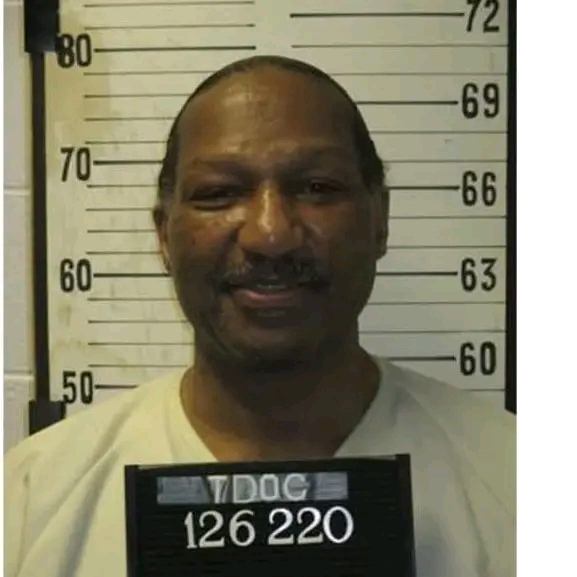Washington’s Democratic Governor Bob Ferguson ignited a fierce debate this week after signing legislation that prioritizes Black, Indigenous, and other minority applicants for state-backed housing loans. The bill, HB 1696, expands a program offering down payment assistance and loan forgiveness to descendants of residents impacted by discriminatory housing practices predating the 1968 Fair Housing Act. Critics argue the policy violates constitutional protections, with Republican Senator Mike Lee calling it “lawlessness” and a clear breach of the Fourteenth Amendment’s Equal Protection Clause.
The Covenant Homeownership Program, established in 2023, aimed to address generational wealth gaps by targeting communities historically excluded from housing opportunities. HB 1696 broadens eligibility, allowing households earning up to 120% of the area median income to qualify. For those below 80%, loans can be fully forgiven after five years. Supporters, including bill sponsor Rep. Jamila Taylor, defend the measure as a corrective to systemic racism, emphasizing homeownership’s role in wealth-building. “Diverse homeownership strengthens communities and tackles our housing crisis,” Taylor asserted, dismissing concerns about fairness by framing eligibility as inherent for pre-1968 residents of color.
Governor Ferguson framed the law as a moral imperative, citing redlining’s lingering effects on minority families. “Closing the racial homeownership gap is critical for Washington’s future,” he said during the signing ceremony. However, legal experts like Lee countered that race-based preferences are unconstitutional, regardless of intent. Harmeet Dhillon, a civil rights attorney, echoed this view, amplifying Lee’s critique on social media. The clash highlights a growing national divide over equity-driven policies, with opponents warning of precedent-setting breaches in anti-discrimination law.
Central to the controversy is the program’s reliance on racial identity rather than individual financial need. While backers argue it redresses past harms—such as racially restrictive covenants that barred minorities from certain neighborhoods—detractors insist modern policies must remain race-neutral. Julie Barrett of Conservative Ladies of America condemned the bill as divisive, accusing lawmakers of prioritizing identity politics over merit. “This isn’t equality; it’s state-sanctioned discrimination,” she argued, predicting legal challenges to the program’s constitutionality.
As Washington forges ahead, the law’s fate may hinge on judicial interpretation of the Fourteenth Amendment. Legal scholars note that while affirmative action cases often focus on education or employment, housing policies face similar scrutiny. With Ferguson’s administration defending the law as a “targeted solution” to historical inequities, the stage is set for a landmark battle over race, reparations, and the limits of governmental redress in America’s ongoing reckoning with systemic inequality.



